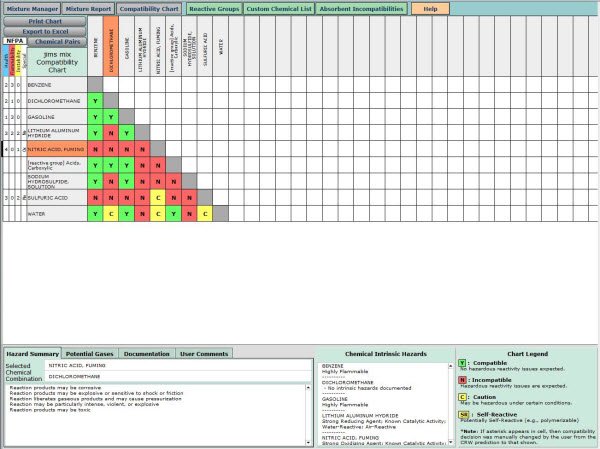Chemical Reactivity
Comprehension Checkpoint ____ first theorized that while substances changed form during a chemical reaction, the mass of the system did not change. • a.Lavoisier • b.Dalton Types of chemical reactions There is a staggering array of. Chemical occur constantly within our bodies, within plants and animals, in the air that circulates around us, in the lakes and oceans that we swim in, and even in the where we grow crops and build our homes. In fact, there are so many chemical reactions that occur that it would be difficult, if not impossible, to understand them all. Descargar Juegos Para Celular Gratis Nokia 303. However, one that helps us to understand them is to categorize chemical reactions into a few, general types. While not a perfect, placing reactions together according to their similarities helps us to identify patterns, which in turn allows predictions to be made about as yet unstudied reactions.
In this module, we will consider and provide some context for a few categories of reactions, specifically:, decomposition, single replacement, double replacement, REDOX (including combustion), and acid-base reactions. No matter the type of, one universal truth applies to all. For a to be classified as a chemical reaction, i.e., one where a chemical change takes place, a new substance must be produced. The formation of a new substance is nearly always accompanied by an change, and often with some kind of physical or observable change. The physical change can be of different types, such as the formation of bubbles of a, a, or a color change. These changes are clues to the existence of a chemical reaction and are important triggers for further by chemists. Synthesis reactions Prior to Lavoisier’s work, it was poorly understood that there were different gases made up of different.


Comments are closed.